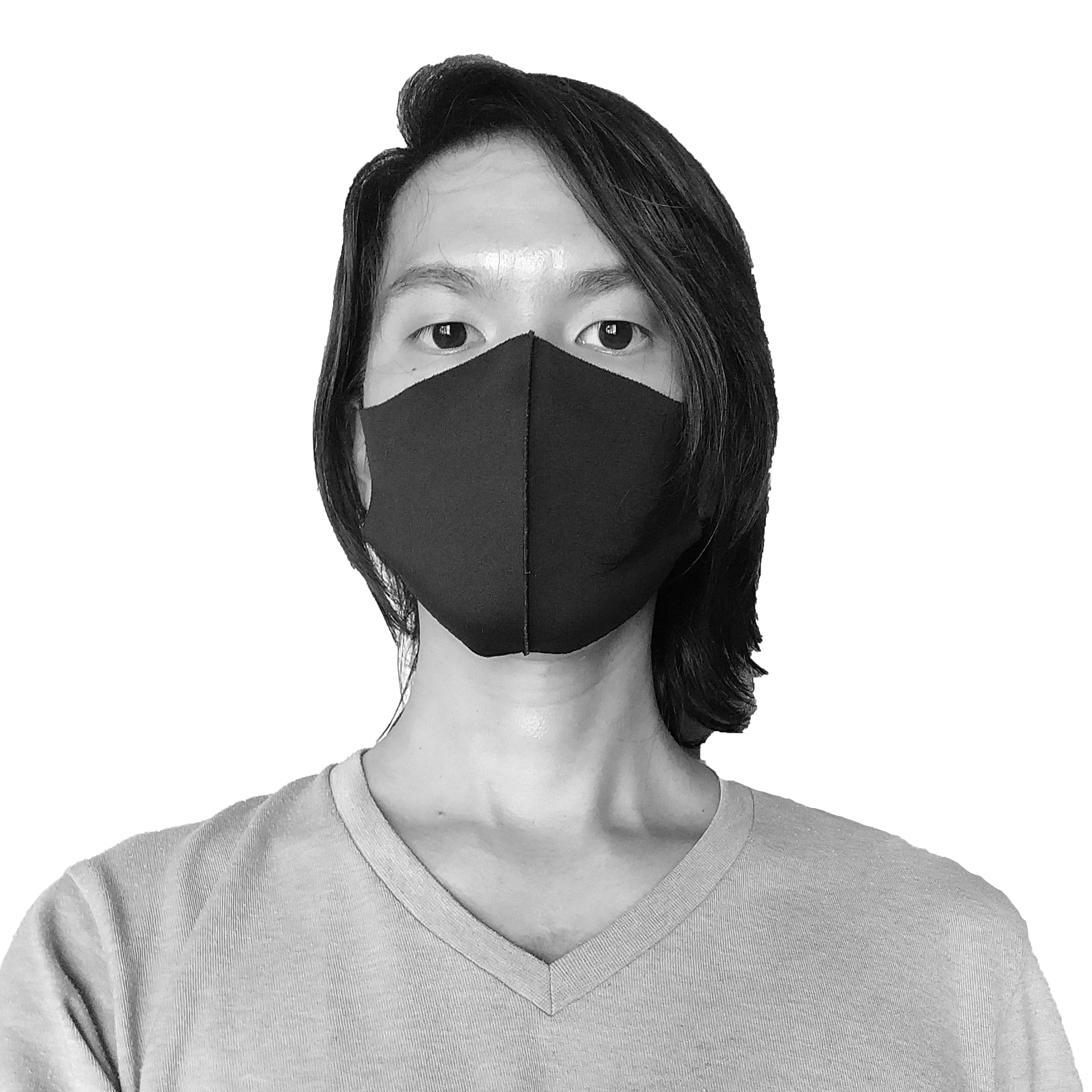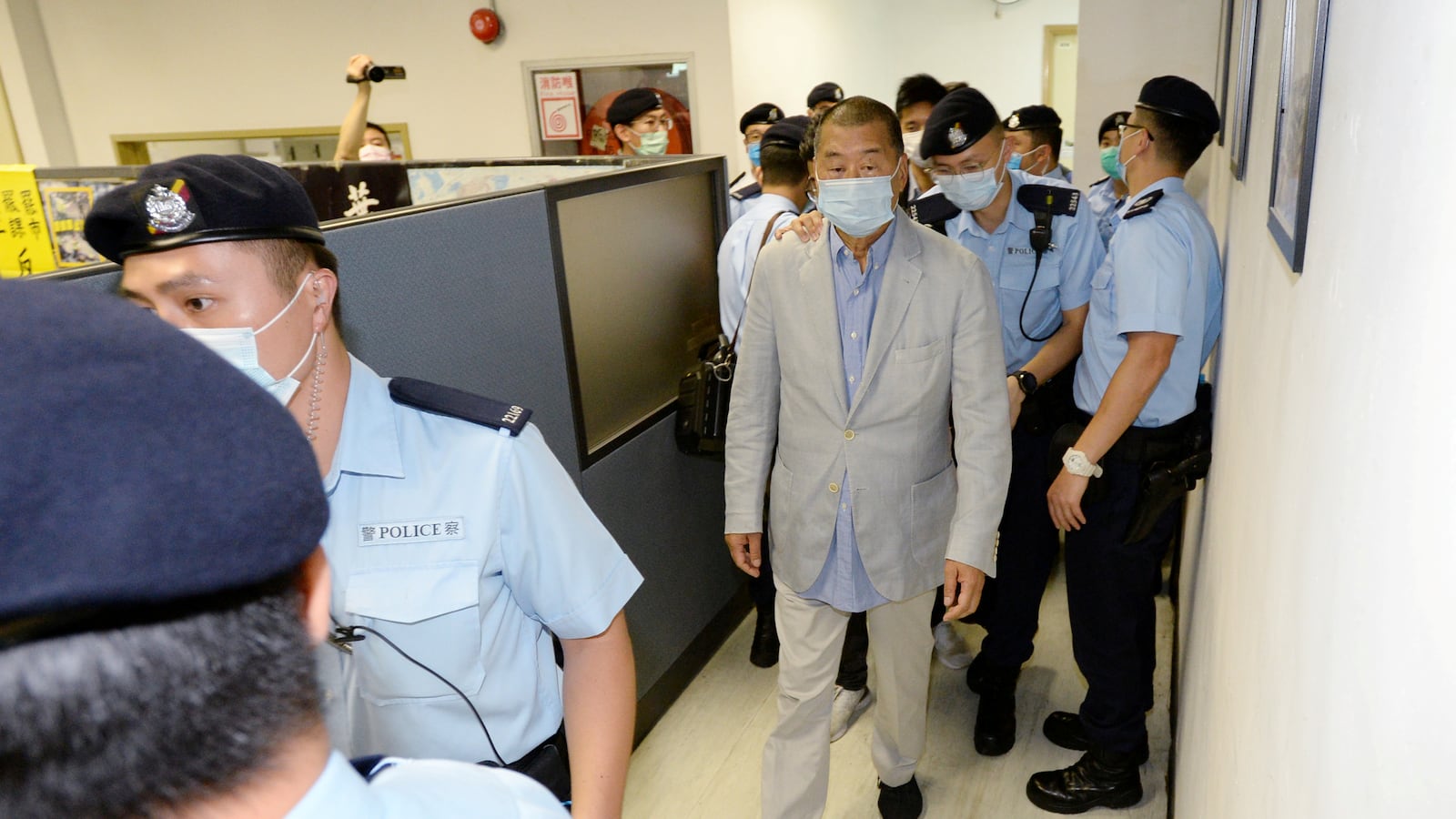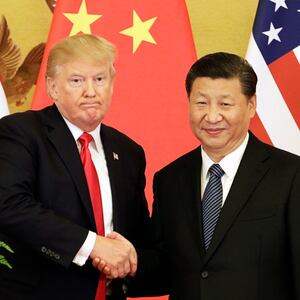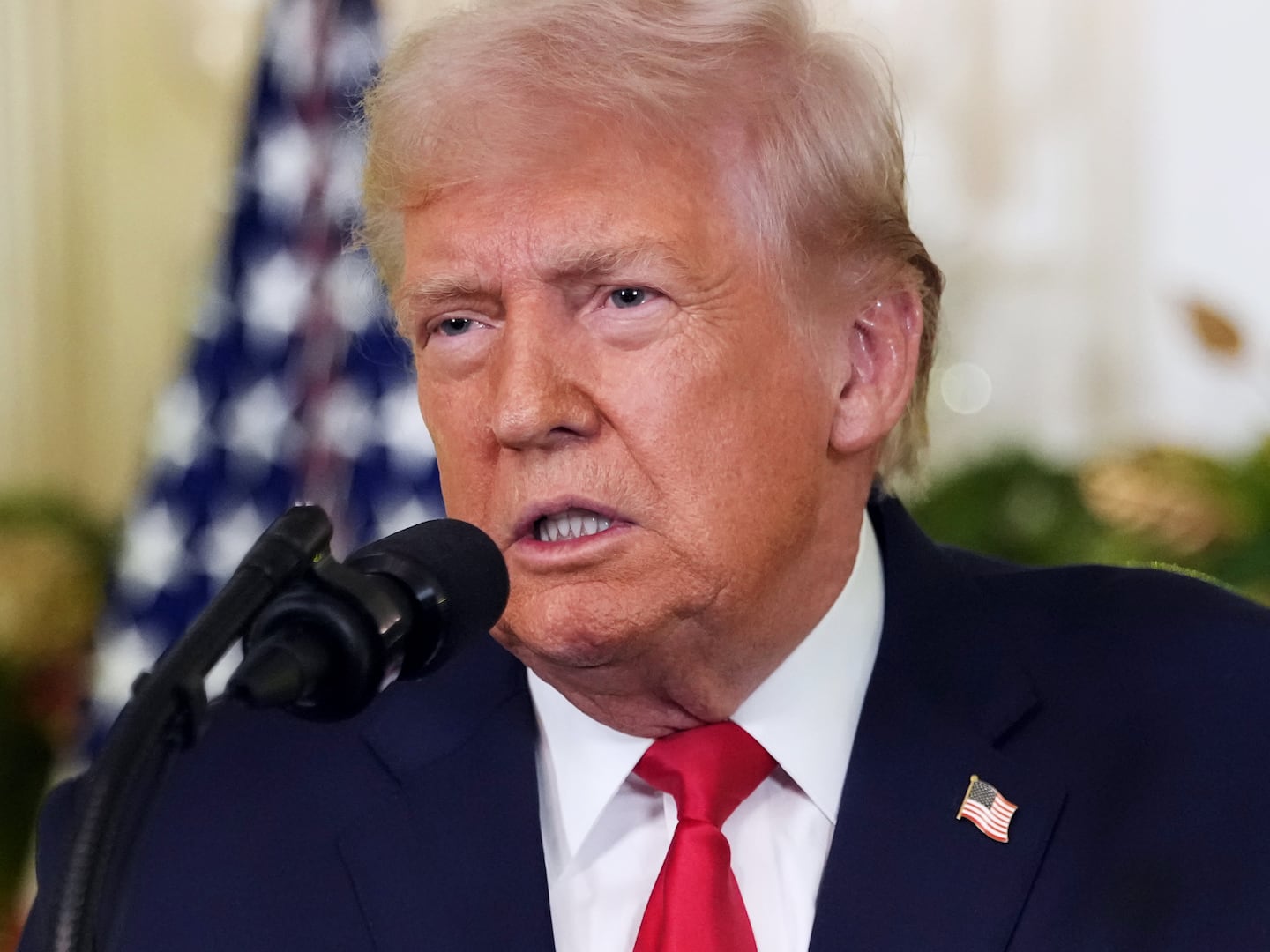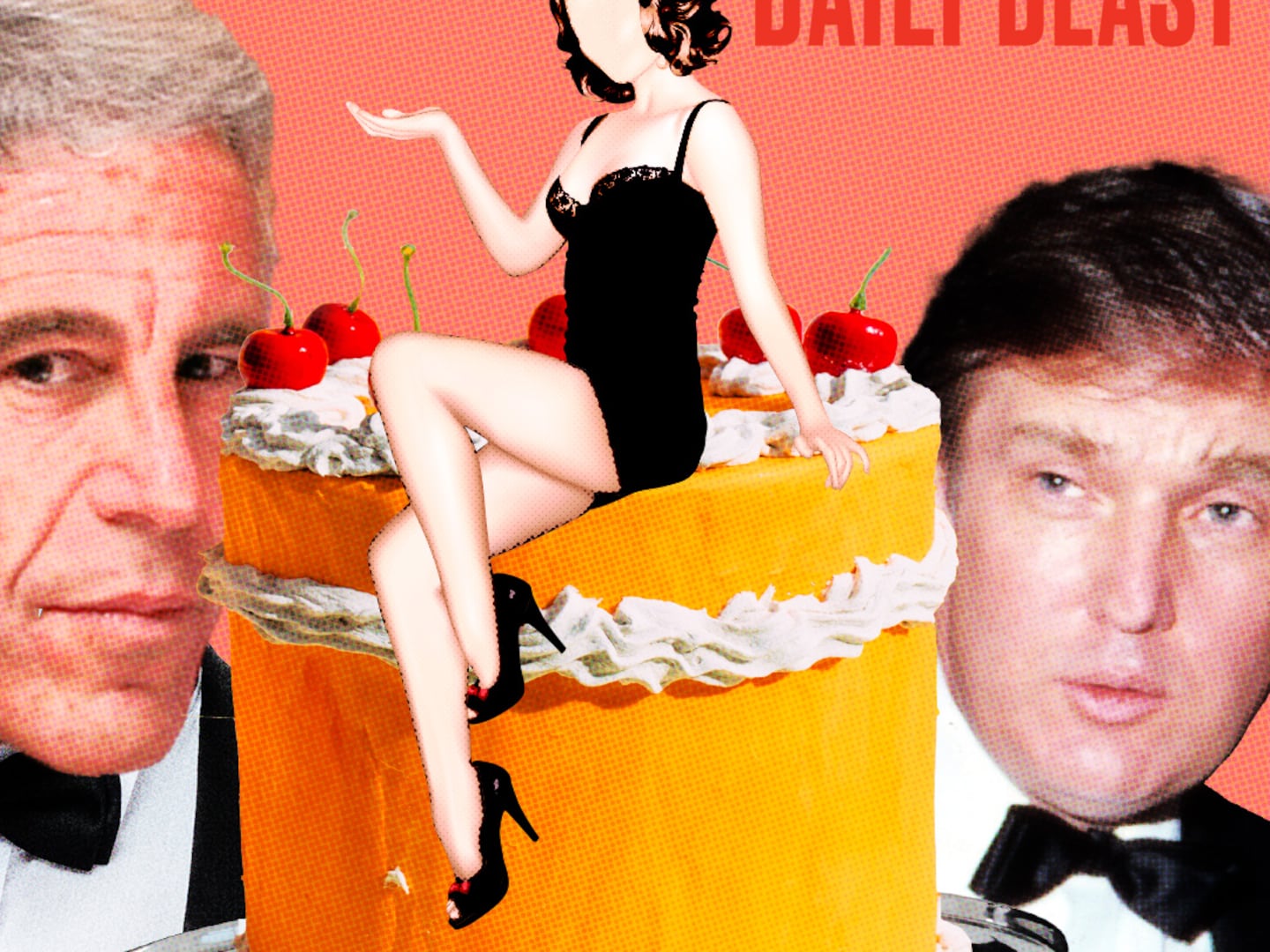HONG KONG—The founder of a popular newspaper has been arrested by the Hong Kong Police Force, six weeks after Beijing passed a national-security law that carries a maximum penalty of life in prison for people deemed to have participated in acts of “secession, subversion, treason, or collusion with foreign forces” against the Chinese and Hong Kong governments.
Jimmy Lai, a media mogul who owns the broadsheet Apple Daily, is also a key financial contributor to Hong Kong’s pro-democracy camp. In July 2019, Lai met with Vice President Mike Pence and Secretary of State Mike Pompeo in Washington to discuss the erosion of Hong Kong’s autonomy and an extradition bill that drew massive protests. In the eyes of the Chinese Communist Party and its proxies in Hong Kong, that counts as colluding with foreign powers to destabilize the city—and in turn disrupting the party’s grip on its political hierarchy.
On Friday, Hong Kong Chief Executive Carrie Lam and 10 other government officials were sanctioned by the United States for paring away the freedoms of people who reside in the city. Lam is “directly responsible for implementing Beijing’s policies of suppression of freedom and democratic processes,” the Treasury Department said.
The 10 a.m. raid on Apple Daily’s newsroom involved 200 police officers, who searched the premises without a warrant and blocked access to reporters from most news outlets, in particular barring all foreign news providers. Apple Daily’s own journalists, however, stayed in their office building and activated their livestreams. Plainclothes officers went through cubicles, rifling through papers at reporters’ and editors’ desks. Stacks of light blue plastic crates were filled with printed materials and rolled out of the building, then loaded onto police vehicles.
Behind one of the police’s cordon lines, a placard read in yellow text on a black background—colors of Hong Kong’s pro-democracy and anti-government movements—“Who’s afraid of the truth?”
The police cordon was lifted at around 3 p.m.
As a city of finance and trade, support from people who believe in the same cause comes in charts, tickers, and cash investments. The share price of Next Digital, Lai’s company that publishes Apple Daily, tanked by 17 percent shortly after the police raid began. But then Hongkongers threw in their backing for Lai by placing bullish orders on the stock, nearly tripling its price by 3 p.m.
So far, Lai is the most high-profile figure in the pro-democracy movement to be arrested based on charges related to the national-security law. His two sons and four other people, including executives at Next Digital, were also taken into custody this morning. Police searched a restaurant operated by Lai’s younger son, Ian, in the city’s central business district.
Earlier this year, Chinese state media outlet Global Times called Lai a “traitor,” and said his tweets could “provide evidence of subversion” under the new national-security law.
Lai’s home is under near-constant surveillance by people who are presumed to be working for pro-Beijing organizations. Last September, masked men threw petrol bombs at his residence. The same happened in 2015. And two years before that, a man drove a car into the gate of Lai’s residence, then left an ax and machete in the driveway as a warning to the media mogul.
In 2008, Lai and a former Hong Kong Democratic Party chairman were the targets of an assassination plot. Ten triad members were arrested in mainland China for planning to shoot them.
Hong Kong’s press freedom is eroding at a rapid pace. Before Lai’s arrest and the raid on Apple Daily, the Foreign Correspondents Club (FCC) in Hong Kong said foreign journalists were encountering unusual delays in their visa applications. And in 2018, the visa for The Financial Times’ Asia news editor, Victor Mallet, was not renewed after he hosted a talk by a Hong Kong independence advocate at the FCC.
